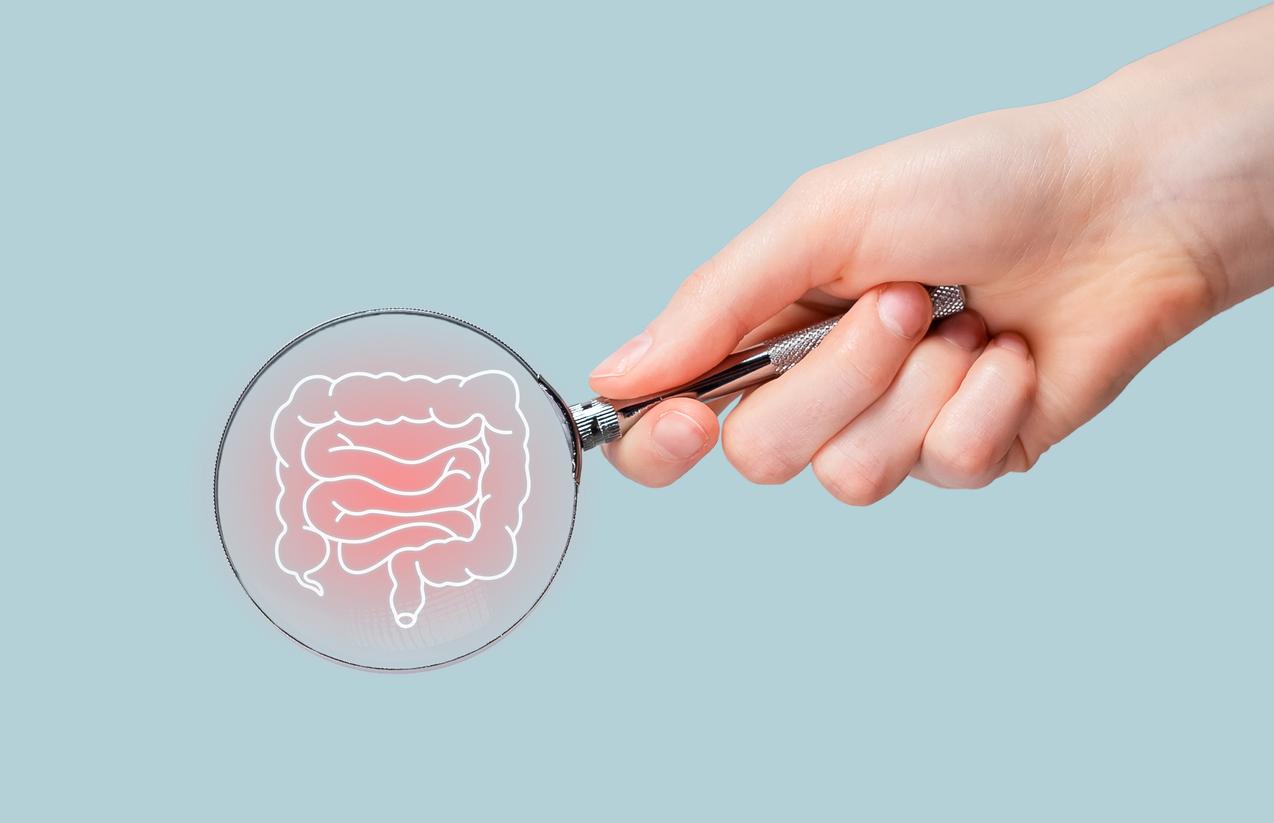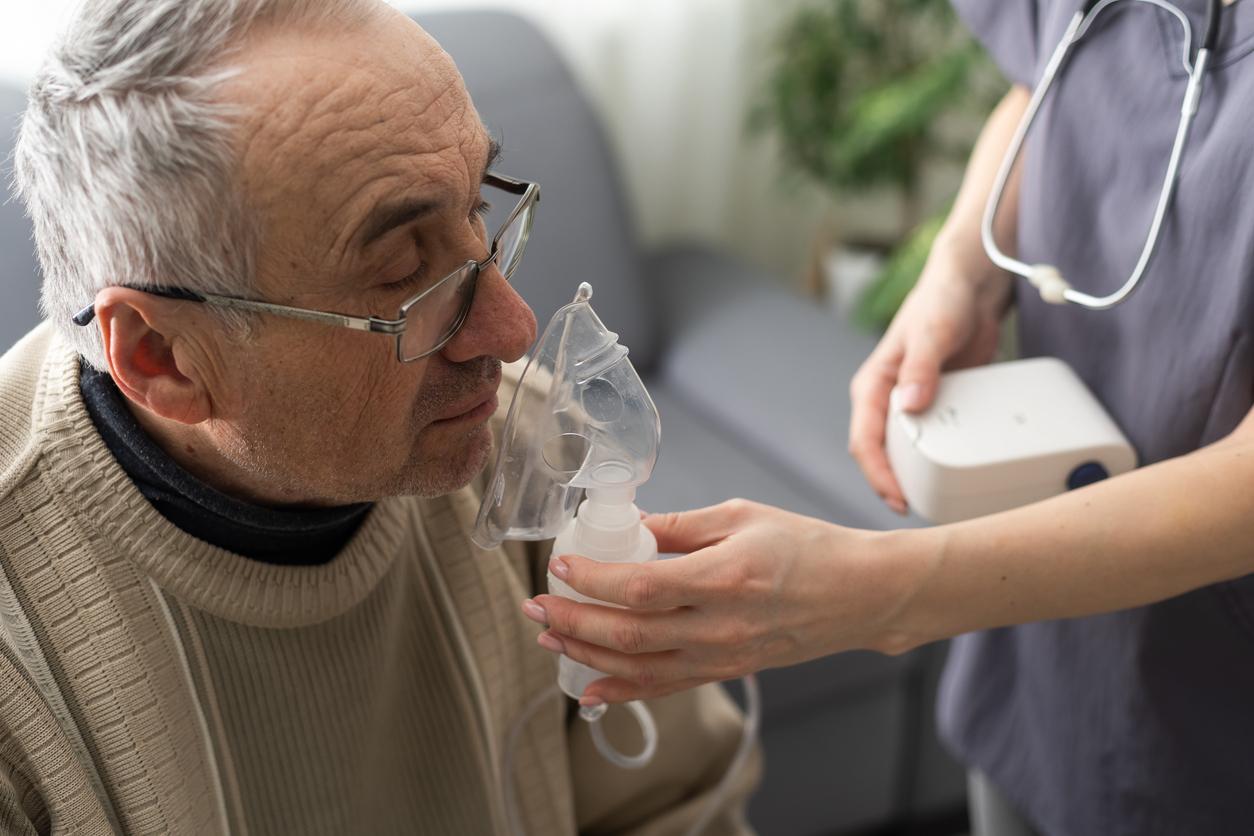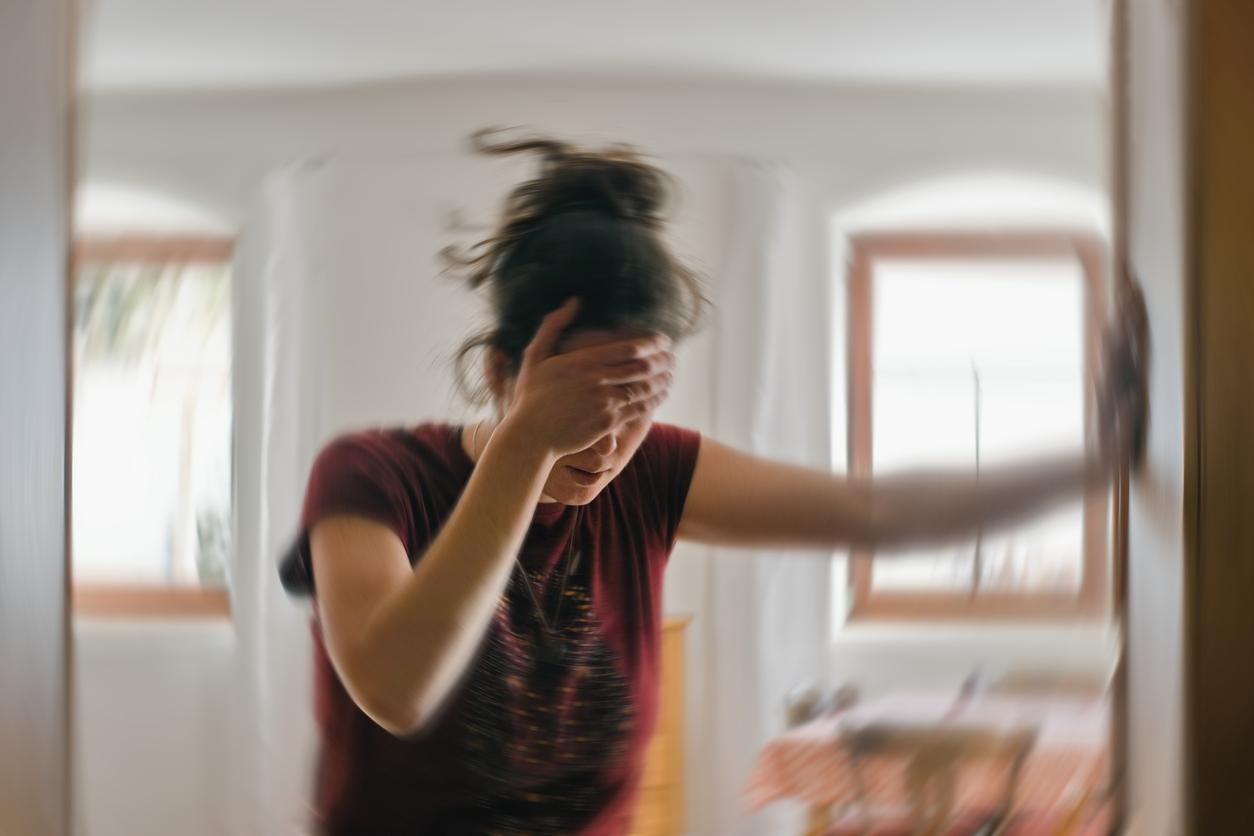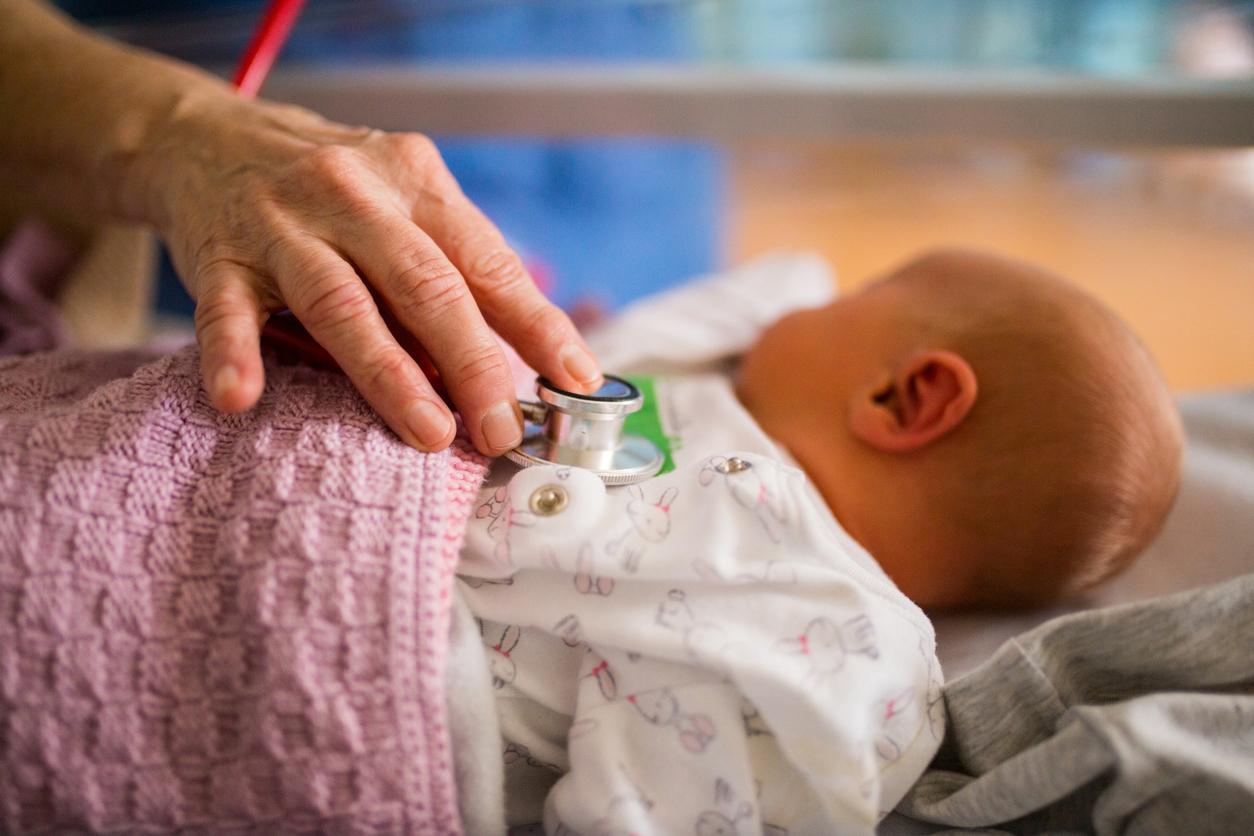Colorectal cancer is associated with different symptoms, but the appearance of thin stools should be a warning signal.
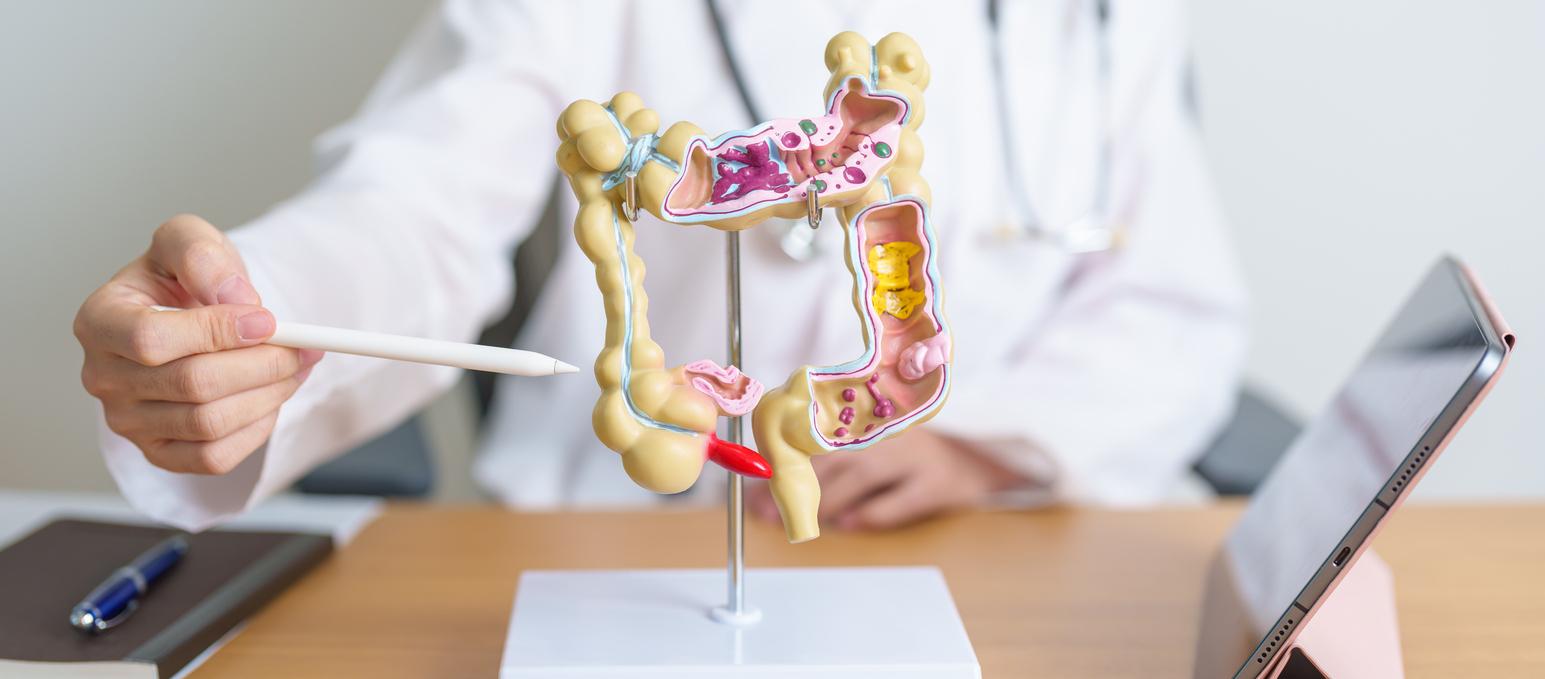
- Colorectal cancer can change the appearance of stool.
- Thin stools can be a symptom of cancer.
- It is important to get screened quickly to increase the chances of recovery.
Colorectal cancer is one of the most common in France. Each year, more than 47,000 people are affected. The first symptoms can vary from one person to another. In the American version of Huffpostdoctors warn of an unexpected sign of colorectal cancer: changes in the appearance of stools.
Thin stools may be a sign of colorectal cancer
Dr. Michael Cecchini, co-director of the colorectal program at Center for Gastrointestinal Cancers and medical oncologist at Yale Cancer Centerexplains that affected patients may have “stools that are much thinner, or have the thickness and size of a pencil”. This sign usually appears when tumors are present at the end of the colon or if there are a lot of them on the walls of the colon, because this will narrow the stool as it passes. For Dr. Jeffrey Dueker, gastroenterologist and associate professor of gastroenterology at the University of Pittsburgh School of Medicine, this symptom becomes worrisome as soon as it persists.When this happens, it is very worrying.adds Michael Cecchini. It’s just not one of the most common symptoms of the disease.”
What are the main symptoms of colorectal cancer?
He recalls that the most common signs of the disease are the presence of blood in the stool and abdominal pain. Some people may also be alerted by involuntary weight loss. According to theHealth Insurancethe symptoms of colorectal cancer are “little specific”. This can be constipation, persistent diarrhea, nausea, vomiting, urgent need to go to the toilet, rectal pain, etc.As other diseases can cause the same symptoms, it is important to discuss them with your doctor during a consultation”recalls Health Insurance.

Colorectal cancer: it can affect all age groups
Michael Cecchini calls on young people to be vigilant about these signs.It’s very easy for young people to think, ‘Oh, it’s just hemorrhoids,’ and maybe it is, but these conditions can also coexist, he warns. People can have hemorrhoids and cancer, or it can be something else entirely.“To find out, it is necessary to have a colonoscopy to check for the presence of cancer, and if necessary, detect it early enough to improve the chances of recovery.
In France, this screening generally begins at age 50, but Dr. Jeffrey Dueker calls on people presenting one of the symptoms cited to speak to a doctor.Anyone with a first-degree relative – mother, father, brother, sister, son or daughter – who has had colon cancer, especially if that person was diagnosed before age 50, is at higher risk for colorectal cancer because of that family history.”he adds. In these cases, it is essential to discuss it with your doctor.









